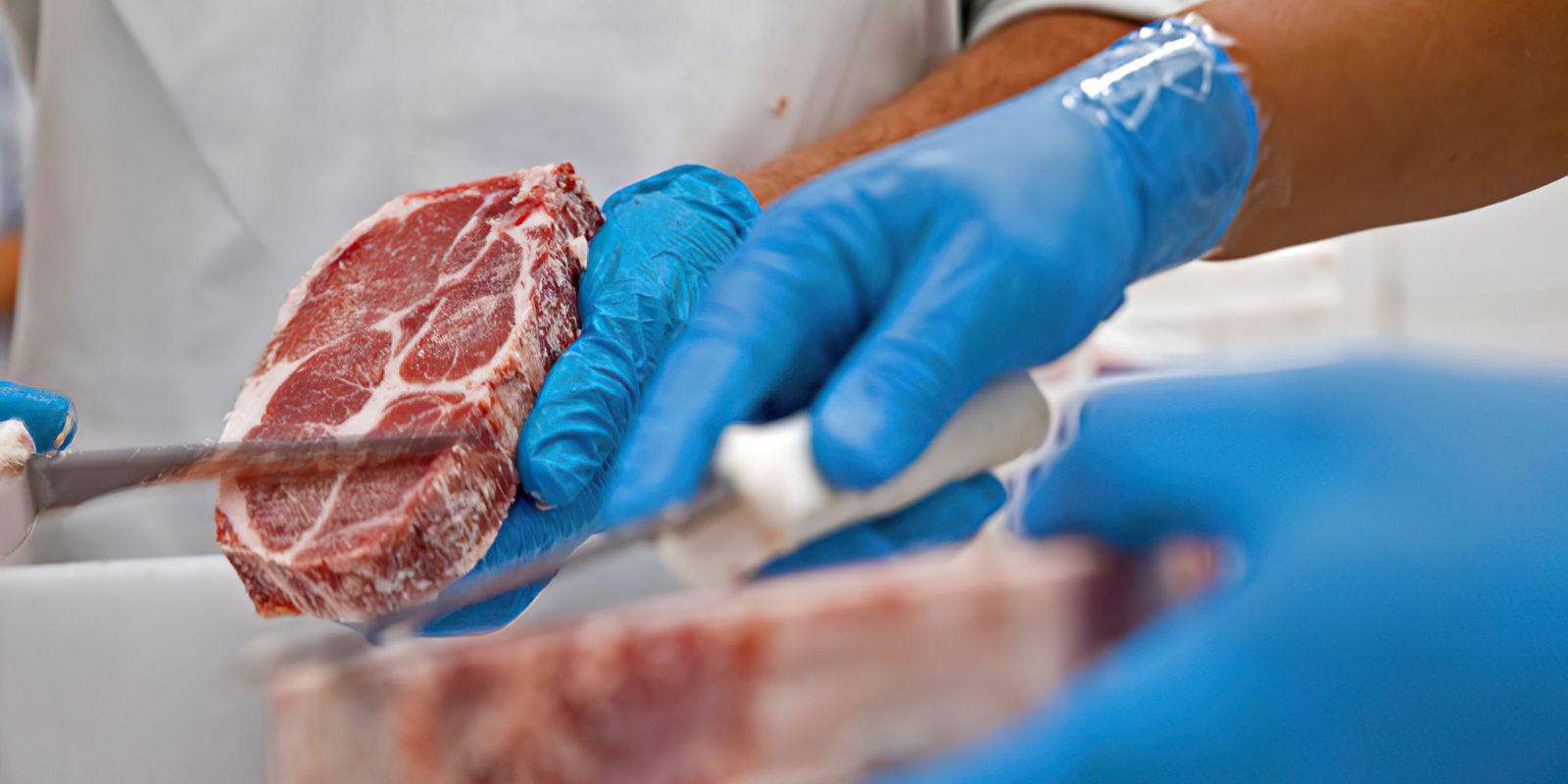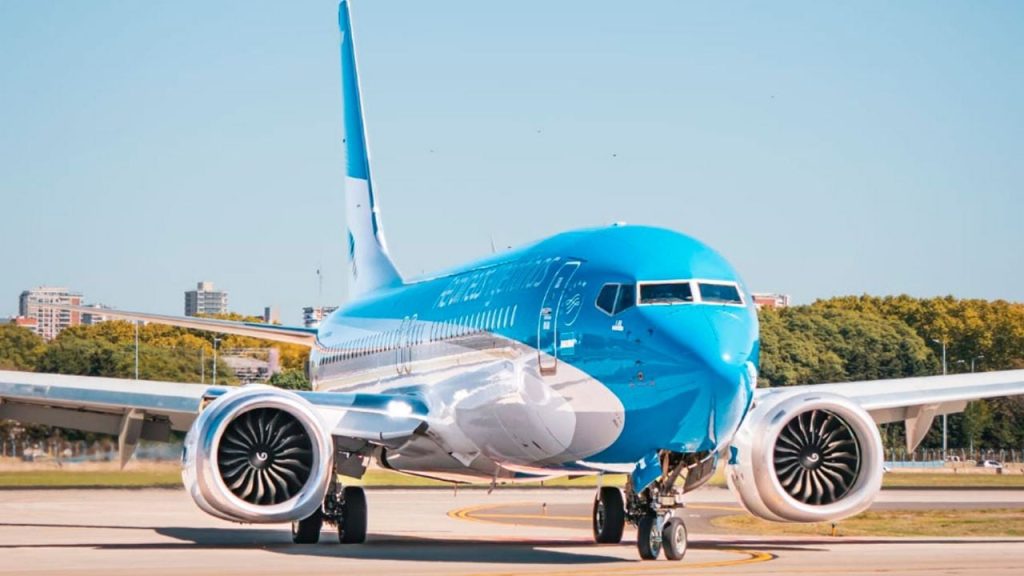The country’s official inflation lost strength from October to November and closed the last month at 0.39%. In October, the Broad National Consumer Price Index (IPCA) was 0.56%.
The data was released this Tuesday (10) by the Brazilian Institute of Geography and Statistics (IBGE). The slowdown does not mean that prices have become cheaper, but that they have risen less. The cost of food was what put the most pressure on the IPCA in November.
Over the past 12 months, official inflation amounts to 4.87%, above the government’s target of 3%, with a tolerance of 1.5 percentage points (pp) more or less. It is also the highest accumulated since September 2023. In the year to date, that is, from January and November, the IPCA rises 4.29%.
“If the IPCA is higher than 0.20% in December, the IPCA will be above the target”, calculates the research manager, André Almeida.
In November, food and beverages rose 1.55%, representing 0.33 pp of total inflation. The biggest impact came from meat, which increased 8.02% (0.20 pp impact on the index). Rump, for example, became 9.31% more expensive. Sirloin steak increased by 7.83%.
“The lower supply of animals for slaughter and the greater volume of exports reduced the supply of the product”, explained the research manager, André Almeida.
Within the personal expenses group, which increased by 1.43% (0.14 pp of IPCA), the most notable impacts were cigarettes, which increased by 14.97%, tourist packages (4.12%) and accommodation (2 .20%).
Another group that put pressure on inflation in November was transport, which rose 0.89% and represents 0.13 percentage points (pp) of the closed IPCA. The villain was the price of airline tickets, which rose 22.65%. The plane ticket was the individual item that rose the most among all products and services that have prices calculated by IBGE.
“The proximity of the end of the year and the various holidays of the month may have contributed to this increase”, assessed Almeida.
On the side of the November inflation relief, there are fuels, which fell 0.15%, influenced by the drops in the prices of ethanol (-0.19%) and gasoline (-0.16%).
The cost of housing had negative inflation in November, -1.53%, which represents 0.24 pp of the IPCA. The result is explained by the residential electricity subitem, which fell 6.27% in the month. This occurred because, in November, the electricity bill tariff flag was yellowunlike the red one from the previous month.
Diffusion
IBGE found that in November, the diffusion index was 58%. This shows that 58% of the 377 sub-items increased in price. In October, the index was at 62%.
The IPCA calculates the cost of living for families with income between one and 40 minimum wages. Price collection is carried out in the metropolitan regions of Belém, Fortaleza, Recife, Salvador, Belo Horizonte, Vitória, Rio de Janeiro, São Paulo, Curitiba, Porto Alegre, in addition to the Federal District and the municipalities of Goiânia, Campo Grande, Rio Branco , São Luís and Aracaju.
Inflation x interest
The behavior of the IPCA is one of the main benchmarks for the country’s basic interest rate, the Selic, decided by the Monetary Policy Committee (Copom) of the Central Bank (BC).
The inflation target for 2024 is 3%, with a tolerance of 1.5 percentage points more or less.
Selic is a Central Bank instrument to control inflation. A high rate is synonymous with a brake on economic activity, which has the potential to contain price increases, but, on the other hand, discourages investment and the creation of jobs and income.
The last Copom meeting of the year starts this Tuesday and ends on Wednesday (11). Currently the rate is 11.25% per year. It will also be the last meeting of the collegiate with Roberto Campos Neto as president of the BC, appointed by the previous government. From 2025, Copom, the monetary authority, will be chaired by Gabriel Galípolo, appointed by the current government.
The Focus Bulletin, a survey carried out by the BC with financial institutions, points out that inflation should end 2024 at 4.84%. Four weeks ago, the expectation was 4.62%. Regarding the interest rate, the expectation is to end 2024 at 12%, that is, 0.75 pp above the current rate. As we are already in December, this increase will have effects on inflation in the coming years, the so-called interest rate convergence, a strategy to bring inflation closer to the desired target.
Understand the different inflation indices and their behaviors.















